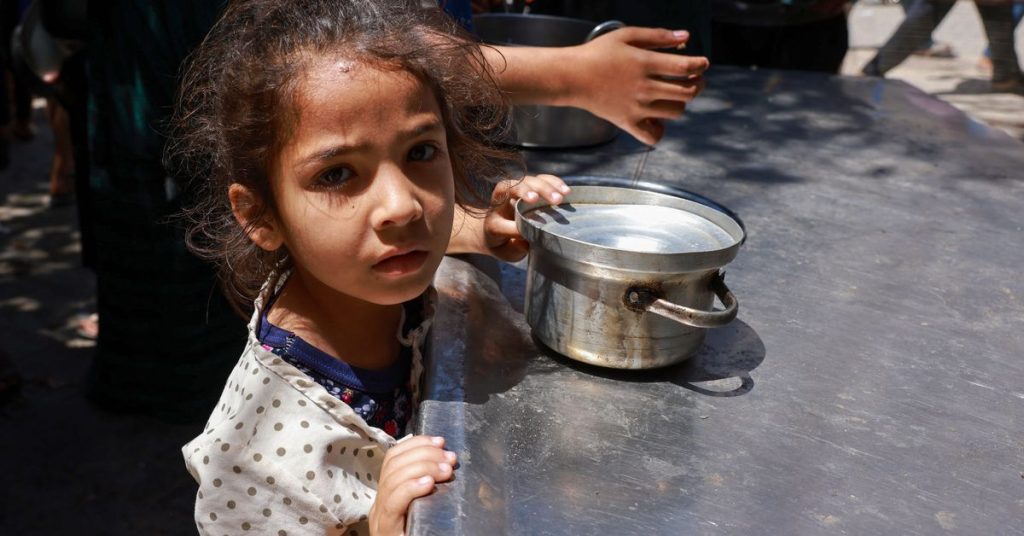The Middle East is embroiled in escalating conflict as open fighting between Israel and Iran worsens, threatening over a million Palestinian lives. The recent attacks and retaliations between the two countries have brought them closer to all-out war, with both sides inching towards a head-on conflict. Questions remain about the extent of Israel’s response to Iran, its plans for Rafah in Gaza, and the potential ramifications for the region. The United States, Israel’s ally, is seeking to de-escalate tensions and avoid a larger conflict, but the situation remains precarious.
Israel’s focus on targeting Rafah in Gaza has raised concerns about the humanitarian impact, with over 1.5 million Palestinians at risk. Washington has emphasized the need for a serious strategy to evacuate and help civilians in the event of an attack on Rafah. The Biden administration is under pressure to moderate Israel’s approach and prevent a full-scale invasion that could lead to further displacement and suffering for Palestinians. The interconnected nature of the conflict, involving Iran, Israel, and Palestine, complicates efforts to find a peaceful resolution.
Efforts to provide humanitarian aid to Palestinians in Gaza are falling short, with concerns about access and distribution. Aid organizations fear that an Israeli offensive on Rafah could disrupt the aid response and exacerbate already dire conditions for civilians. The international community, including the United States, has been urged to prioritize the protection of vulnerable populations and prevent further escalation of the conflict. The need to address the humanitarian crisis in Gaza while navigating regional tensions remains a key challenge for policymakers.
The Biden administration faces the difficult task of balancing its support for Israel with the need to protect the rights and well-being of Palestinians. As Israel’s conflict with Iran intensifies, the pressure on the U.S. to intervene and prevent further escalation increases. The humanitarian organizations working on the ground are calling for a coordinated response that prioritizes the safety and security of civilians in Gaza. The uncertain situation in Rafah underscores the urgent need for diplomatic solutions and a comprehensive strategy to address the root causes of the conflict.
As the conflict in the Middle East continues to escalate, the international community must step up efforts to de-escalate tensions, protect vulnerable populations, and address the humanitarian crisis in Gaza. The interconnected nature of the conflict, involving multiple players with competing interests, requires a coordinated and multilateral approach to ensure lasting peace and stability in the region. The plight of Palestinians in Rafah underscores the urgency of finding a peaceful resolution and preventing further suffering and displacement. The challenge now is to translate rhetoric into concrete actions that prioritize the well-being of all those affected by the conflict.


